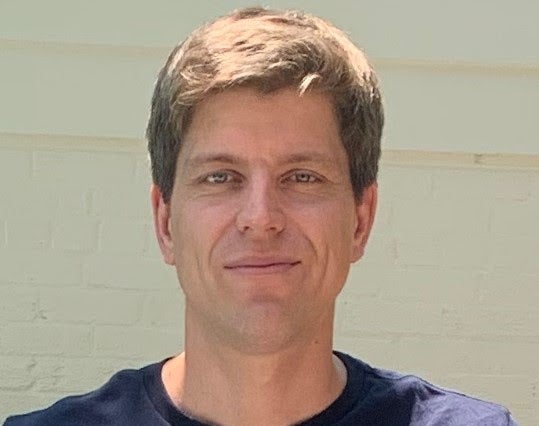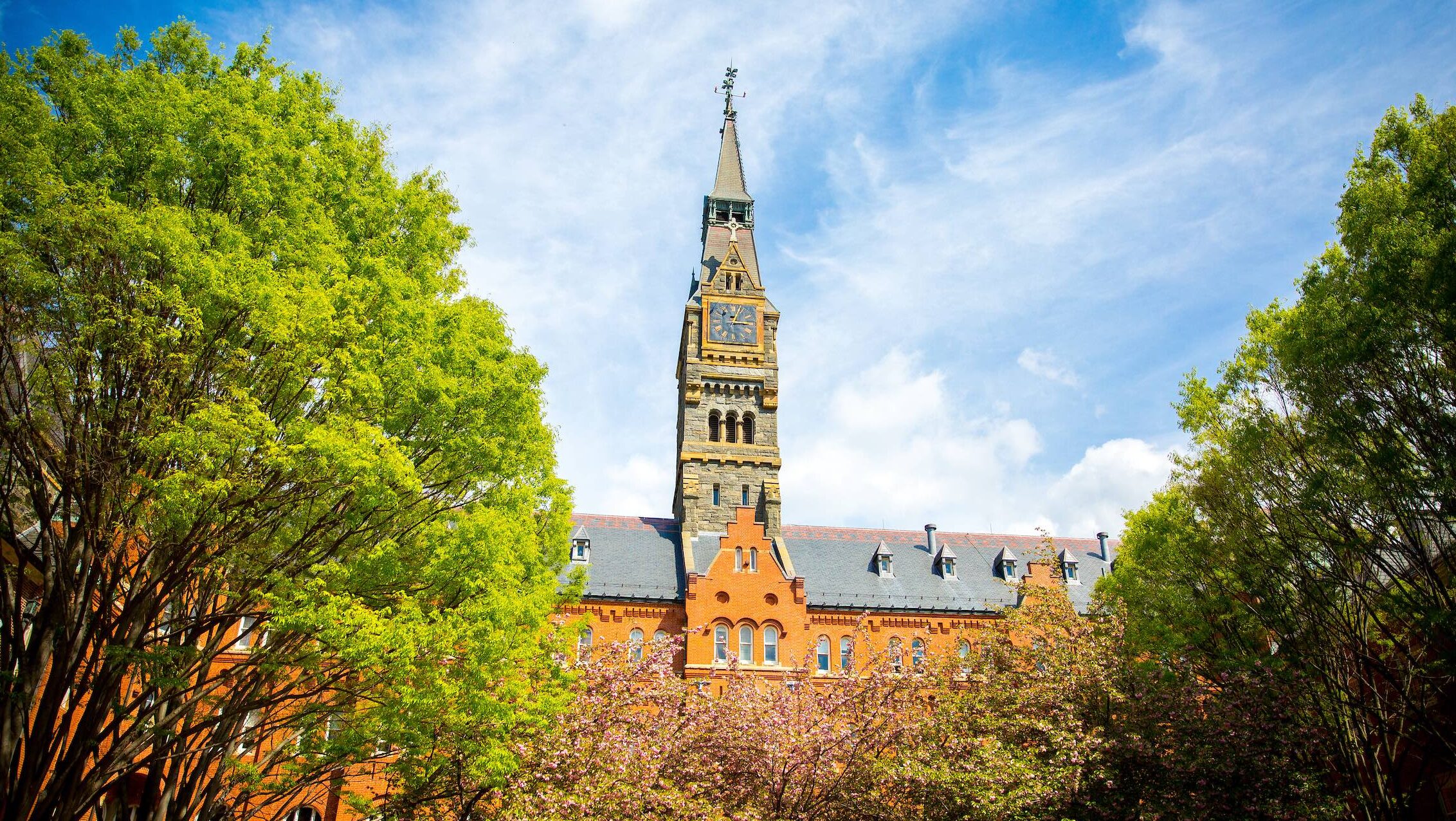Collaboration Between Economists at Premier Research Universities Aimed at Transforming Political Debate
A new partnership between economists at Georgetown, Johns Hopkins, Princeton and Yale seeks to transform the way economic research informs and shapes policy making.
“The United Programs for Political Economy Research network, or UPPER, promotes political economy research and training through collaboration across many different political economy centers,” said Laurent Bouton, a co-founder of the organization and an economist in the College of Arts & Sciences.
This new partnership is enlisting the help of interested economic researchers from across the country to revitalize political economy research through informed policy briefs, a pre-doctoral fellowship program and innovative in-person programming. Already, UPPER has published two policy briefs and welcomed its first cohort of fellows. The most recent brief, which focuses on how to trace and properly disclose corporate money in politics, was published last month.
Policy for the Public Good
UPPER’s series of policy briefs promises to compile economic research on some of the most pressing issues in politics and package the takeaways for a wide audience that includes policymakers, voters and research funders.

Laurent Bouton, a professor in the Department of Economics.
“Our policy briefs are targeted at bridging the gap between the policy questions of the day and the knowledge that has been accumulated by the social science research, which we think could – and should – inform the debate on those questions,” said Bouton, a professor in the Department of Economics. “While the policy analysis from standard think tank white papers adds a lot of value, we sit in a position where we can bring the top researchers in the world to share their insights, in a way that is appealing to a policy audience – and we try to work hard at this particular point, of making the research accessible to a broader audience.”
Instead of focusing on communications between and for economists, UPPER aims to communicate the current state of economic research outwards, informing those with their hands on the levers of power and individual voters who voice their concerns at the ballot box.
“We hope the briefs have an impact by producing summaries of what political economy research can and, importantly, cannot say, about concrete policy questions,” said Bouton. “We feel that clearly outlining the state of the knowledge about a specific question, as well as its limits, is key to informing policy debates.”
Taking the UPPER Road
In 2019, Bouton and Filipe Campante, an economist at Johns Hopkins University, launched the DC Political Economy Center, a collaboration that brought together the Georgetown Center for Economic Research and the Johns Hopkins School of Advanced International Studies.
“Filipe and I created the DC Political Economy Center to foster research in political economy within and beyond the Washington, DC area,” explained Bouton. “Through various events, we carved out a place for interactions among political economists from the area, in academia and beyond, as well as their integration into the global network of political economists.”
The DC Political Economy Center’s flagship event is the Washington Political Economy Conference, an annual gathering that brings together top political economy scholars to the nation’s capital for two days of presentations and discussions.
“After launching, we realized that political economists at other institutions shared our objective of promoting political economy research and the field as a whole,” said Bouton. “We thus started thinking about how we could increase our impact through collaboration with other similar centers. A key objective for us was to avoid useless competition with those other initiatives and unnecessary duplication of efforts.”
Out of that collaborative spirit, UPPER was born, with Bouton and Campante coordinating with peers at Princeton and Yale.
Already, the fruits of that coordinated effort are blossoming. Last month, UPPER published a policy brief from Matilde Bombardini, an economist at UC Berkeley’s Haas School of Business, on corporate money in politics. UPPER’s first brief, published last year, explored the impacts of voting procedures on voter turnout and participation.
In July, UPPER welcomed their first 10 pre-doctoral fellows and throughout the past year has hosted a slew of conferences, workshops and lectures to promote their work. Looking forward, the UPPER team is excited to continue growing its programs and publishing research.
“In the next few years, I believe that we will likely double the number of political economy centers that are active members of UPPER,” said Bouton. “This will allow us to increase the number of briefs and their impact. I can’t wait to see where we go from here.”
